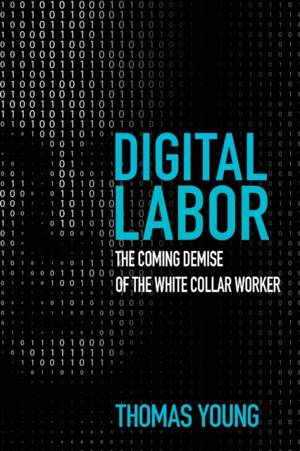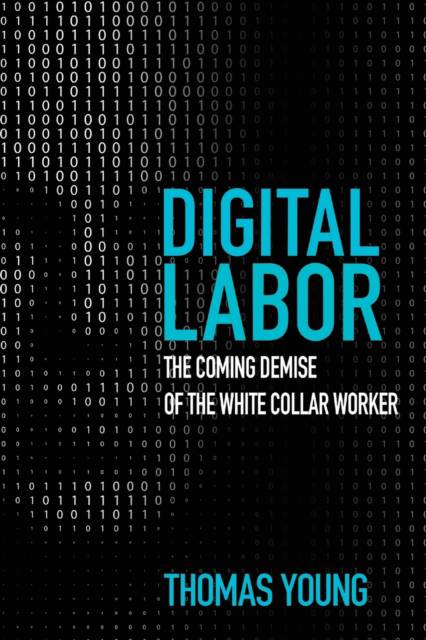
- Retrait gratuit dans votre magasin Club
- 7.000.000 titres dans notre catalogue
- Payer en toute sécurité
- Toujours un magasin près de chez vous
- Retrait gratuit dans votre magasin Club
- 7.000.0000 titres dans notre catalogue
- Payer en toute sécurité
- Toujours un magasin près de chez vous
Description
Since the industrial revolution, automation has transformed our global economy and the way we work. Early forms of automation took the form of machines meant to replace humans who performed repetitive, manual labor on the assembly line or in agriculture. Blue collar jobs have since been on the edge of obsolescence as automation became more and more advanced.
We now live in an information economy world running on advanced computing systems... and we are now in the midst of a new wave of digital automation.
'Digital Labor' is a concept that explains a new set of emerging software-based technologies that automate knowledge work, that is, tasks that involve data analysis and rule-based workflow through the use of computers. Virtual workers have now emerged to perform much of the repetitive work we rely on in the digital sphere, much like their physical robotic counterparts on the manufacturing floor.
What makes Digital Labor different? Will my job be impacted by Digital Labor? How can I be position myself to take advantage of the coming changes?
The progression of mechanization and robotics automation in a physical sense has progressed mostly on a linear basis and displaced a tremendous amount of blue collar workers. Those workers have pivoted into service sector jobs and other fields. However, since Digital Labor is a software-based innovation, it brings with it new implications at scale. It is progressing at a nonlinear basis and will impact white collar workers just the way blue collar workers were impacted, but it's going to happen exponentially faster.
What happens next is not known. But, this book explores how white collar workers, who have been immune to many forms of automation for the past 20-30 years, are in the crosshairs of advanced software and technologies in the digital space.
Spécifications
Parties prenantes
- Auteur(s) :
- Editeur:
Contenu
- Nombre de pages :
- 230
- Langue:
- Anglais
Caractéristiques
- EAN:
- 9781733239707
- Date de parution :
- 20-09-19
- Format:
- Livre broché
- Format numérique:
- Trade paperback (VS)
- Dimensions :
- 152 mm x 229 mm
- Poids :
- 340 g

Les avis
Nous publions uniquement les avis qui respectent les conditions requises. Consultez nos conditions pour les avis.






